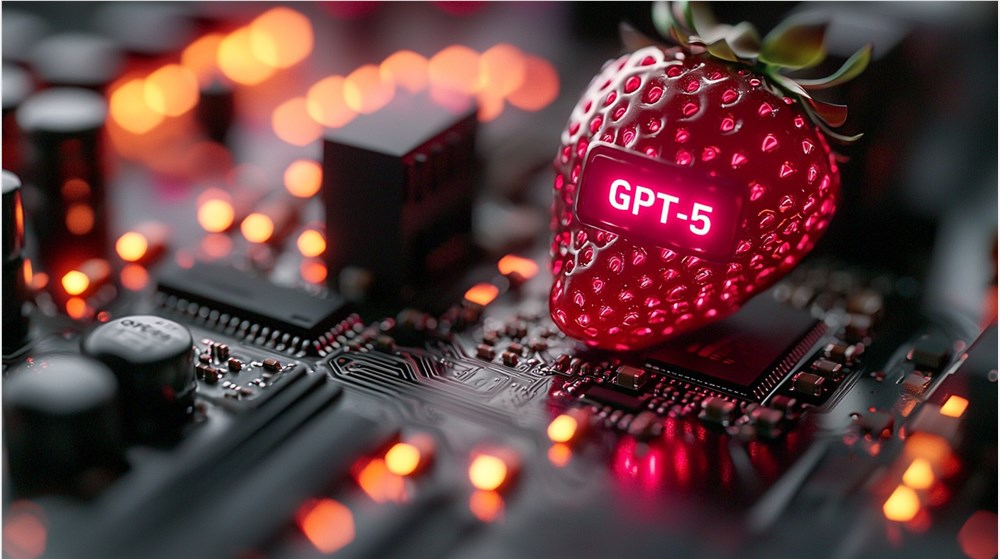Recently, the Wall Street Journal reported that OpenAI’s GPT-5 (codename Orion) project is not progressing as expected and faces many challenges. The project lasted 18 months and has completed at least two rounds of large-scale training, but the training speed has been slower than expected, resulting in high costs. Although the performance of GPT-5 has been improved, its high operating costs are not in line with the current progress. OpenAI's research and development direction and strategy may need to be reconsidered.
According to the latest report from the Wall Street Journal, the development of OpenAI’s much-anticipated next-generation artificial intelligence model GPT-5 (codenamed Orion) is not progressing as expected, and the project is facing major challenges.
Reports revealed that during the 18-month development process, OpenAI has completed at least two rounds of large-scale training. However, the initial training speed was slower than expected, making subsequent large-scale training time-consuming and costly. Although GPT-5's performance has improved over its predecessor, current progress is not enough to justify its huge operating costs.

To advance the project, OpenAI has adopted a multi-pronged data acquisition strategy. In addition to leveraging public data and licensed content, the company also hires people specifically to create new data, including writing code and solving mathematical problems. At the same time, OpenAI is also using another of its models, o1, to generate synthetic data.
This news echoes previous reports from technology media The Information, which pointed out that GPT-5 may not be able to achieve major breakthroughs like previous models, prompting OpenAI to begin seeking new development strategies. OpenAI has not yet responded to this, but has confirmed that it will not release a model code-named Orion this year.
The lagging progress of the GPT-5 project has caused the industry to pay attention to the research and development costs and expected benefits of large-scale language models, and has also provided a reference for other AI companies. How OpenAI adjusts its strategy in the future, whether it can overcome challenges and finally launch GPT-5, deserves continued attention.